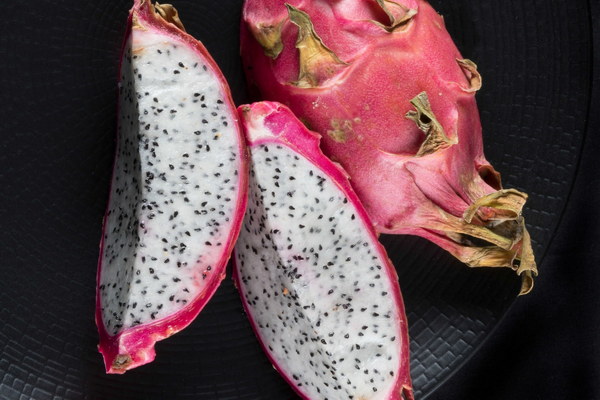Does Ginseng Really Nourish Kidney Yin
Introduction:
Ginseng, a popular traditional Chinese herb, has been used for centuries in various forms of medicine. One of its most renowned benefits is its ability to nourish kidney yin, a concept deeply rooted in traditional Chinese medicine (TCM). But does ginseng truly have this effect? In this article, we will explore the scientific evidence and traditional beliefs surrounding the use of ginseng for nourishing kidney yin.
Understanding Kidney Yin in TCM:
According to TCM, kidney yin is the essence of vitality, which plays a crucial role in the maintenance of health, growth, and reproduction. It is believed to be the foundation of the body's energy and is closely linked to the endocrine system. A deficiency in kidney yin can lead to various health issues, such as weakness, fatigue, and decreased libido.
The Role of Ginseng in Nourishing Kidney Yin:
Ginseng has been used in TCM to nourish kidney yin and address its associated deficiencies. It is believed that ginseng can help balance the body's Yin and Yang energies, promoting overall health and well-being.
Scientific Evidence:
While the concept of kidney yin is deeply rooted in TCM, scientific research has explored the potential benefits of ginseng for nourishing kidney yin. Here are some key findings:

1. Antioxidant Properties: Ginseng contains antioxidants, which can help protect the body against oxidative stress and damage to cells. This may contribute to the nourishment of kidney yin by reducing the risk of kidney-related diseases.
2. Endocrine Modulation: Some studies suggest that ginseng can have a positive effect on the endocrine system, which is closely linked to kidney function. By modulating the endocrine system, ginseng may help restore and maintain kidney yin.
3. Immune System Support: Ginseng is known for its immune-boosting properties. A strong immune system is essential for overall health and the maintenance of kidney yin.
4. Anti-inflammatory Effects: Inflammation is a common cause of kidney damage. Some research indicates that ginseng may have anti-inflammatory effects, which could be beneficial for nourishing kidney yin.
Traditional Uses:
In addition to the scientific evidence, traditional uses of ginseng for nourishing kidney yin are well-documented. Some of the common applications include:
1. Sexual Dysfunction: TCM practitioners often recommend ginseng for individuals experiencing sexual dysfunction, as it is believed to enhance libido and sexual performance.
2. Fatigue and Weakness: Ginseng is often used to address fatigue and weakness, which are symptoms of kidney yin deficiency.
3. Menopausal Symptoms: Some women have reported relief from menopausal symptoms, such as hot flashes and mood swings, by taking ginseng.
Conclusion:
While the scientific evidence is promising, it is essential to approach the use of ginseng for nourishing kidney yin with caution. More research is needed to fully understand the mechanisms and efficacy of ginseng in this regard. However, the combination of traditional beliefs and scientific findings suggests that ginseng may indeed be beneficial for nourishing kidney yin and promoting overall health. As with any supplement, it is crucial to consult with a healthcare professional before starting ginseng therapy, especially for individuals with pre-existing health conditions or those taking other medications.









